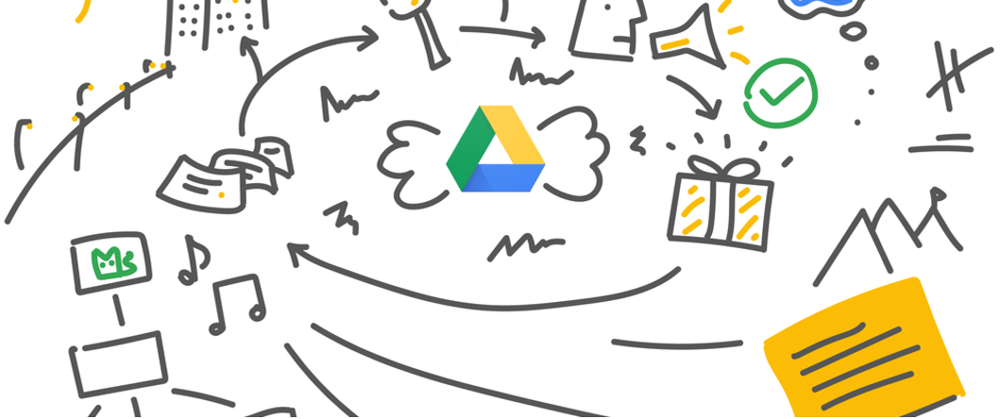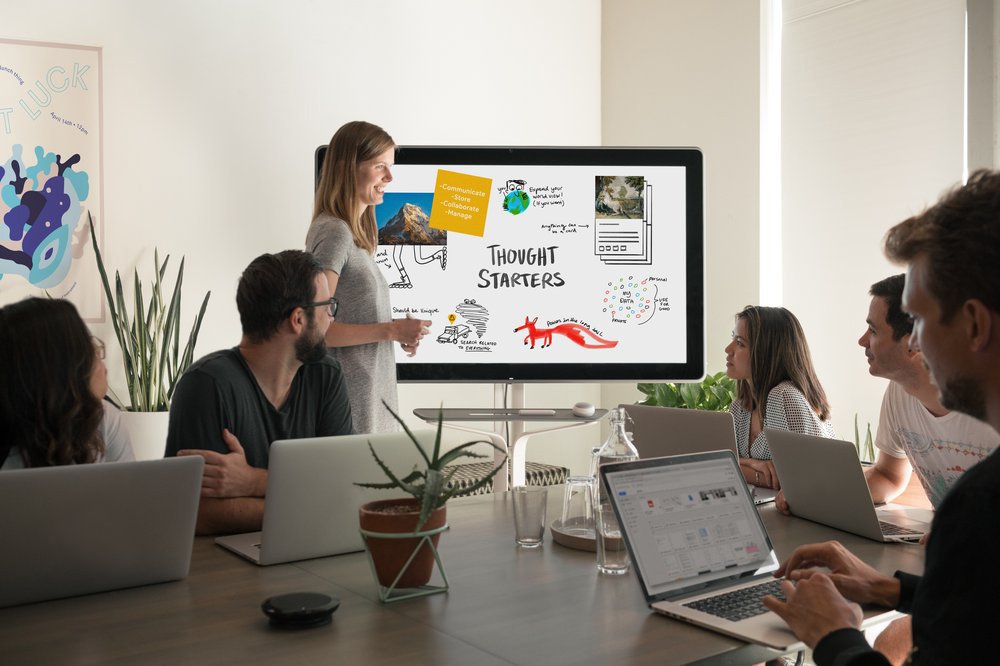How Instrument Uses Jamboard to Capture and Share Ideas
- BenQ
- 2017-10-02

We all brainstorm differently. As Avi Couillard, a Senior Strategist at the digital agency Instrument , puts it: “Some people need to noodle on an idea, some need to converse with their team about it, and some need to visit it on their own terms.” For agencies like Instrument, inspiration can strike at any place and time.
Instrument’s creative team has been using Jamboard for 10 months as a part of early testing cycles to facilitate brainstorms and execute on big ideas for clients, including Google. Along the way, the team has noticed an interesting shift in their creative process.
We interviewed members of Instrument’s creative team to tell us about this shift, and how Jamboard has changed their team’s approach to brainstorming.
For Avi and his colleagues at Instrument, brainstorms looked different last year. “It used to be one person with bad handwriting, translating whiteboard notes into a spreadsheet,” says Avi. His colleague, UX Illustrator Sheri Smith, jokes: “That handwriting was usually mine.”
We interviewed members of Instrument’s creative team to tell us about this shift, and how Jamboard has changed their team’s approach to brainstorming.

Now, instead of deciphering half-formulated ideas after the fact, Sheri visualizes concepts right away by sketching them on Jamboard as they’re mentioned. Avi and Sheri also bring remote colleagues into a brainstorm session. Other designers or programmers can join meetings via Hangout within the Jamboard, have PDF versions of work sent to them, or view “jams” from their phone, tablet or computer and rev on a concept right away.
“Jamboard helps us focus more on the ideas, and less on translating creative direction to different teams. “
- Avi Couillard, Senior Strategist, Instrument
“Jamboard helps us focus more on the ideas, and less on translating or assigning creative direction to different teams,” says Avi. His team is able to keep working on ideas after meetings wrap, too. “Because ideas from ‘jams’ are saved in Drive, they’re captured in their original form for everyone on the team. This provides the whole team with access so they can keep adding to them to make them better.” Once the work is complete, the team adds the final output into a Slides presentation to share with internal teams or clients to review.
With Jamboard, more team members are involved in the creative process earlier, including those who may not be viewed as traditional “creatives.” Says Andrew Barden, Senior Producer: “Jamboard democratizes brainstorms. Sometimes it’s easy to think ‘oh, I’m not a creative,’ but that’s not true. Ideas come from everywhere, and being able to iterate early in the process helps you produce your best work.”
“Jamboard democratizes brainstorms. Ideas come from everywhere, and being able to iterate early in the process helps you produce your best work.”
- Andrew Barden, Senior Producer, Instrument
Jamboard can also impact how organizations present work. Instead of a “grand unveil” of a polished product, other business units or your clients become broader extensions of your creative team. If you involve more team members in the thinking early on, they’re more likely to be invested in the end result. “Using Jamboard, I’ve had to get more comfortable with sharing my rough sketches or unfinished work to clients early on,” says Sheri. “But they like that. It’s like if you buy a painting that you watched someone paint. That’s more valuable to you than buying it off the shelf.”
“It’s like if you buy a painting that you watched someone paint. That’s more valuable to you than buying it off the shelf.”
- Sheri Smith, UX Illustrator, Instrument
Learn more about how your organization can get started with Jamboard.